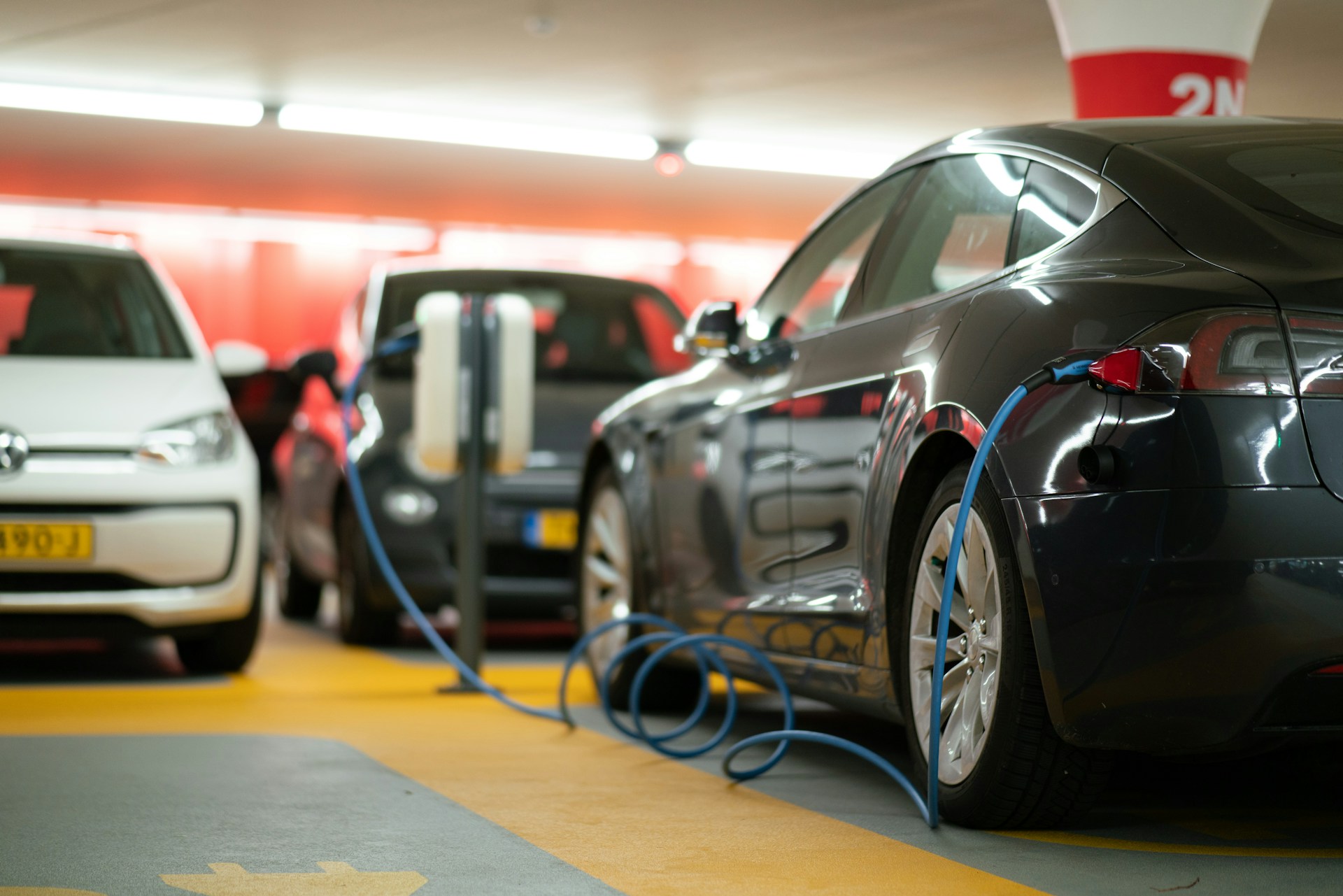Infra
Securing EV Charging Infrastructure Part 2: Game-Changing Research

The Biden-Harris Administration set an ambitious goal to build a national network of 500,000 public electric vehicle (EV) charging stations across the country by 2030 to ensure that all Americans can access a convenient, affordable, and reliable charge for their EVs. Currently, there are more than 175,000 public EV charging stations in the United States. While this growth of EV charging stations and their integration with the U.S. electric grid is necessary to support the transition to a clean energy future, it also presents a unique cybersecurity threat within the EV charging infrastructure. Read part 1 of this series to learn more about why cybersecurity is so important in this arena.
The Department of Energy’s Office of Cybersecurity, Energy Security, and Emergency Response (CESER) is focused on ensuring cybersecurity is accounted for in the EV charging system in the U.S. Between 2022 and 2025, CESER will have invested over $8 million in several research projects with public and private partners to develop and promote cybersecurity standards for the EV and EV supply equipment (EVSE) ecosystem and to identify tools and technologies to prevent and mitigate cyber attacks to EV charging infrastructure.
This research, largely conducted by DOE’s National Laboratories with some public-private partnerships, focuses on addressing the biggest cybersecurity challenges in the EVSE ecosystem, such as:
- Testing emerging EV charging technologies for cybersecurity vulnerabilities. CESER partnered with researchers at several National Labs to complete the first demonstration cycle of the Congressionally directed EV Secure Architecture Laboratory Demonstration (SALaD) pilot. It aims to improve EVSE security and resilience by developing technologies that detect malicious activity in the power source and prevent an attack from occurring. Through partnerships with industry manufacturers, EV SALaD researchers test these new technologies in demonstrations on EV charging systems to understand their effectiveness and share the results with the industry partners. This pilot completed in 2023 and will continue as a program for a second demonstration cycle in 2024. The first demonstration resulted in further development and testing of an early Vehicle Technologies Office (VTO) prototype (Cerberus) that won a R&D 100 award in 2023 and also spurred a novel new testing tool.






:max_bytes(150000):strip_icc()/roundup-writereditor-loved-deals-tout-f5de51f85de145b2b1eb99cdb7b6cb84.jpg)



